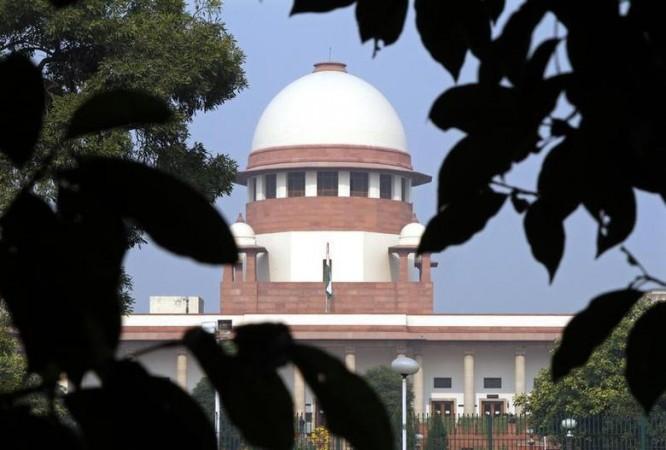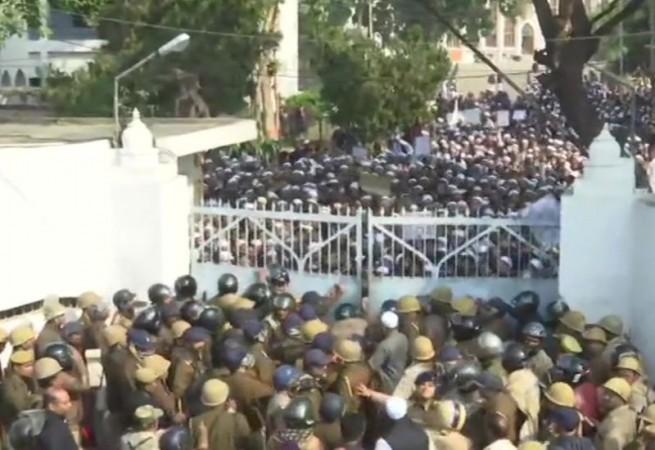In view of the latest proceedings, the Supreme Court on Friday ordered the Uttar Pradesh government to refund crores of rupees collected from Citizenship Amendment Act (CAA) protestors.
The apex court's decision came in response to Uttar Pradesh government's submission that it had withdrawn 274 recovery orders and actions against anti-CAA activists for damage to public and private property in 2019.
The state government would restore the whole amount obtained from the alleged protestors, according to a bench of Justices DY Chandrachud and Surya Kant. The state government, on the other hand, is free to pursue demonstrators under the new Uttar Pradesh Recovery of Damages to Public and Private Property Act, which was notified on August 31, 2020.
This means that the UP still government can still ask for the damages under the Uttar Pradesh Recovery of Damages to Public and Private Property Act that was enacted in 2020.

The Bench further ordered that any recoveries made as a result of the withdrawn proceedings be refunded. Despite the state's request that the court maintains the status quo on recoveries already made until the Tribunals rule on the case, the Bench stated that when a proceeding is dropped, all subsequent proceedings must also be withdrawn.
'Withdraw recovery notices': SC
Reviewing a challenge to the practice on February 11, the Supreme Court took concern, stating that the notices were not issued under any statute as it had previously directed, but were instead adjudicated by Executive Magistrates.
The court had ordered the state to drop the case and continue with the recovery under the Uttar Pradesh Recovery of Damage to Public and Private Property Act, 2020, which it had enacted.

The Supreme Court was hearing a petition filed by Parwaiz Arif Titu, seeking to have notices sent to alleged protestors by the district administration for the purpose of recovering losses caused by damage to public property during the anti-CAA agitations in Uttar Pradesh quashed, and asked the state to respond.
According to the complaint, such warnings were issued to a person who died six years ago at the age of 94, as well as a number of others, including two people over the age of 90.













